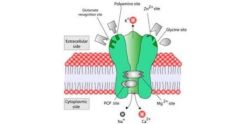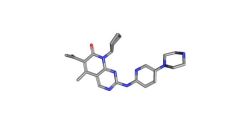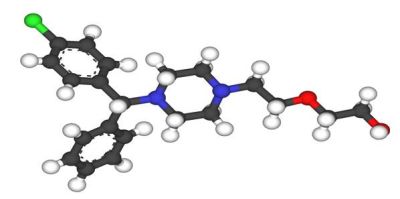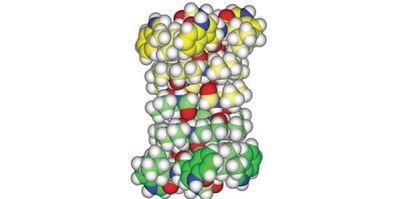Unhealthy alcohol
intake is a major source of burden on National Health Service (NHS) resources
and costs the health service in England around £3.5 billion a year. There are
nearly 600,000 patients with alcohol dependency in England. Now, these patients
will have access to a new treatment pill developed by Lundbeck.
NHS has recently published guidelines in recommending Selincro (nalmefene) as a treatment option for cutting alcohol consumption. The drug is indicated to be used in adult patients with alcohol dependency without physical withdrawal symptoms and who do not require immediate detoxification. Nalmefene is an opioid receptor antagonist and is indicated for the management of alcohol dependence. Its use has also been investigated for the treatment of other addictions such as pathological gambling and shopping.
Experts believe that the use of nalmefene is a more realistic treatment aim since it does not stop alcohol consumption altogether but instead helps to reduce its intake. Lundbeck notes that Selincro could cut the amount of alcohol consumed by an average of 61 percent after six months. This is equivalent to a reduction of 28 bottles of wine per person over the period of one month. In two randomised controlled clinical trials, nalmefene was shown to reduce heavy drinking days by 3.2 days/month and total alcohol consumption by 14.3 g/day.
The guidelines indicate that the drug should be initiated in patients who have a WHO high drinking risk level two weeks after their initial assessment. This refers to men who are unable to reduce their consumption to below 7.5 units per day or women who cannot reduce their consumption to less than five units per day. It is recommended that the drug should be used in conjunction with psychosocial support.
The most common side-effects observed with nalmefene include dizziness, nausea and insomnia. The drug is contraindicated in patients taking opioid analgesics or with a current or recent opioid addiction. The drug is also contraindicated in patients with acute symptoms of opioid withdrawal, in patients suspected of using opioids, patients with hepatic or renal impairment and those with a recent history of acute alcohol withdrawal.
According to Jonathan Chick, Consultant Psychiatrist, Honorary Professor at Queen Margaret University, Edinburgh, “Although for many people dependent on alcohol, abstinence is the preferred and optimal goal, nalmefene represents an alternative step, helping people to cut down drinking to less harmful levels when they are not ready and have no medical need to give up alcohol altogether. This may help us to engage many alcohol dependent patients that we know are not currently receiving help”.
Source: Pharma Times
Image Credit: Pixabay
























